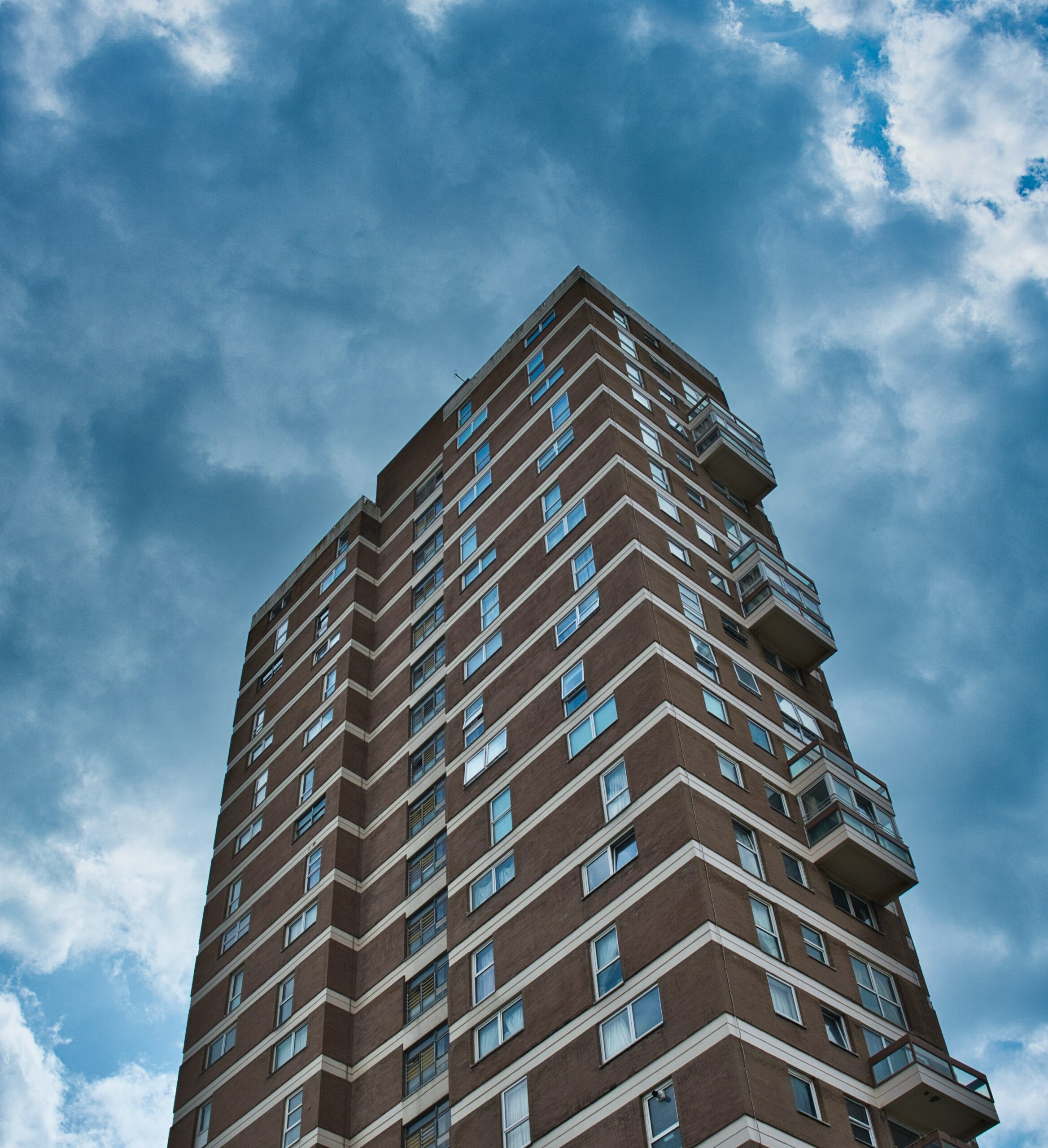Are the costs associated with a waking watch covered by the service charge and how do you ensure they are ‘reasonable’?
Brady Solicitors review the waking watch dispute between Assethold Ltd v Corben Mews and offer advice to freeholders, RMCs and their managing agents. This is primarily an important case in terms of establishing when costs that have been incurred have been reasonably incurred and provides some clarity in that respect.
What is a waking watch?
Waking watch is a system where trained fire safety personnel continually patrol the interior and exterior of a building that has been deemed to have serious fire safety failings. It is effectively a 24-hour fire patrol and its job is to provide early detection of a fire, raise the alarm and carry out a safe evacuation of residents.
The high costs associated with waking watches, and the difficulty in evidencing ‘reasonableness’, have been a talking point ever since the tragic events of Grenfell Tower. However, in some cases, a waking watch is the only viable short-term option until the necessary work is undertaken to improve the building’s fire safety.
Assethold Ltd v Corben Mews
This case is in relation to a warehouse conversion in London forming two blocks. Between February 2020 and January 2021, the freeholder (Assethold Ltd) instructed a contractor to carry out three surveys on the external walls of the building, finding in the first two assessments that the construction of the external walls was suitable for the building and didn’t present a substantial fire risk. However, within the third report, the contractor advised that combustible materials were present and that there was an ‘extreme’ fire risk. Remedial works were recommended, but in the short term, the freeholder was advised to install an extended fire alarm or provide a waking watch.
Following the third report, Assethold instructed a waking watch to patrol the building, at a cost of £28,000 per month. In June 2021, Assethold issued leaseholders with service charge demands, which covered the waking watch costs.
Upon receipt of the service charge demands, the leaseholders took advice from their own contractors which contradicted the findings of Assethold’s contractor. They therefore applied to the First Tier Tribunal (FTT) to determine whether the service charges were payable upon the grounds:
- That the lease did not provide for Assethold to issue the ‘ad-hoc’ demand that it had in the June 2021 for the waking watch costs; and
- That the costs of waking watch were not reasonably incurred
The FTT decision
The FTT agreed with the leaseholders, that the lease didn’t allow ‘ad-hoc’ demands, the June demand wasn’t payable, and the costs of the waking watch weren’t reasonably incurred. The FTT was critical of Assethold’s contractor’s inconsistent findings and judged that Assethold had failed to act reasonably.
Before going any further, it’s worth summarising how ‘reasonableness’ is defined within section 19 of the Landlord and Tenant Act 1985. It states that relevant costs are taken into account when determining the service charge amount, but only to the extent that they are reasonably incurred and the provision of services or carrying out of works are of a reasonable standard.
In short, if required, freeholders and their managing agents must be able to prove that they gathered multiple quotes and show a clear rationale behind their decision if they don’t choose the cheapest option. Additionally, the service or work must be of an acceptable standard.
Assethold’s appeal to the Upper Tribunal (UT)
Assethold didn’t appeal the decision in relation to ‘ad-hoc’ demands, as ultimately the cost would be covered within the service charge as a deficit at the end of the year. They did however appeal the decision that the waking watch costs were not reasonably incurred.
The basis of their appeal relied upon the fact that they had acted upon the recommendations of a reputable contractor, who specialised in fire safety. Despite the FTT’s criticism in relation to these reports, the UT determined that Assethold had been entitled to rely upon this report.
However, whilst it was deemed the cots had been reasonably incurred, the amount was reduced by 50% following the FTT’s assessment that the quality of the waking watch was not of a reasonable standard.
Conclusion
In short, freeholders, RMCs and their managing agents are likely to be protected from criticism when they can show that they have sought appropriate professional advice before incurring costs, and that they have been acting upon the advice given by the professionals. However, it is important to ensure the standard of service with respect to the costs incurred is also reasonable.




